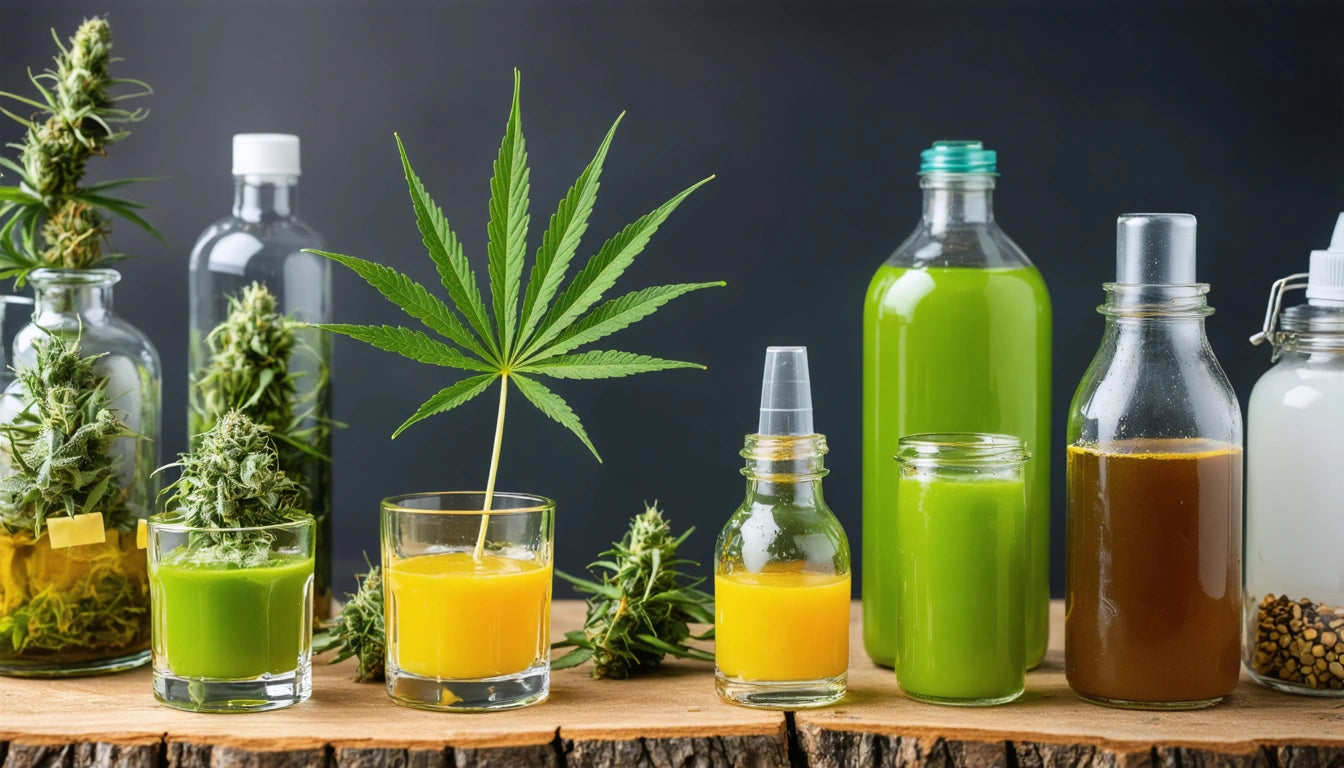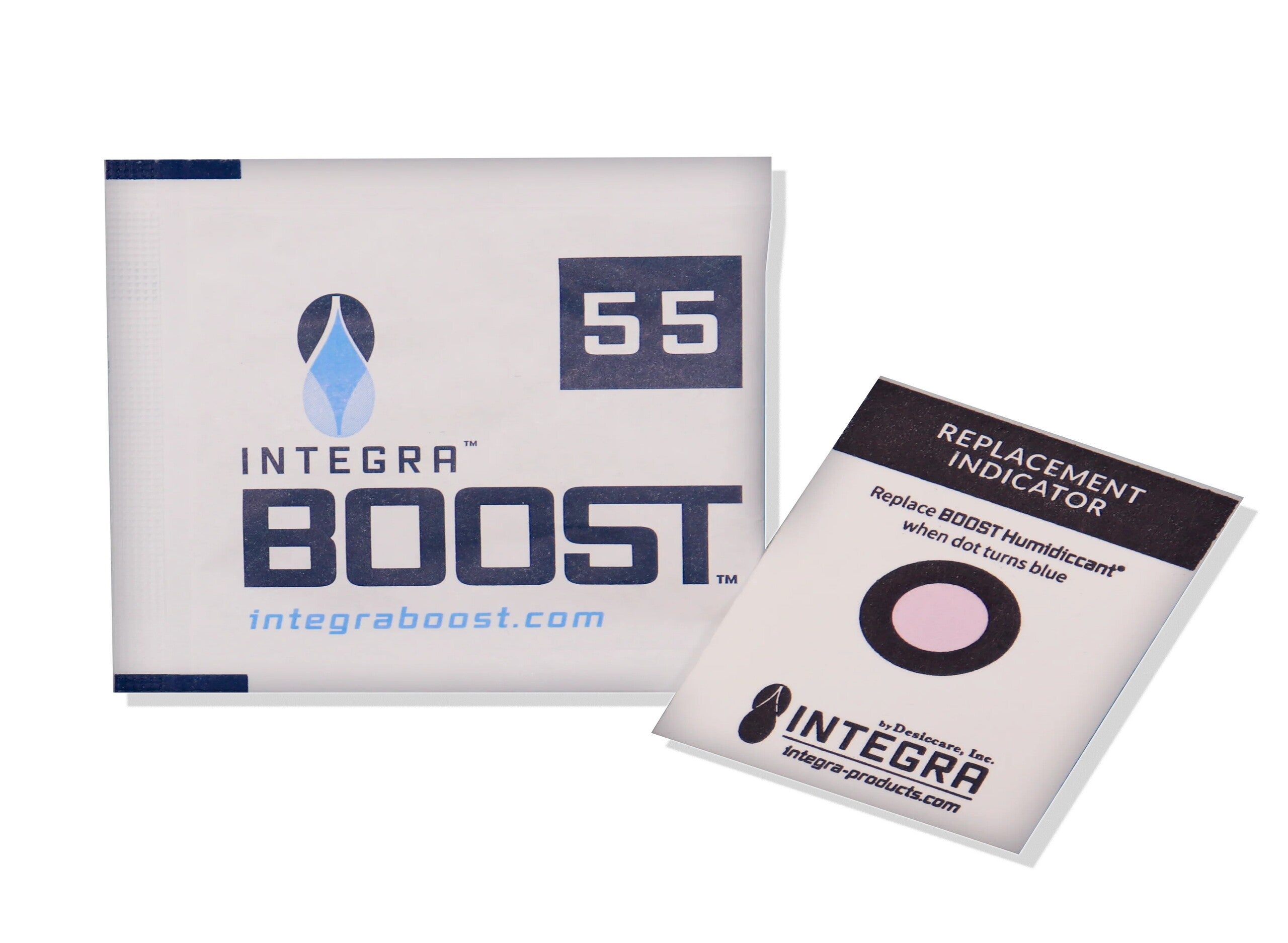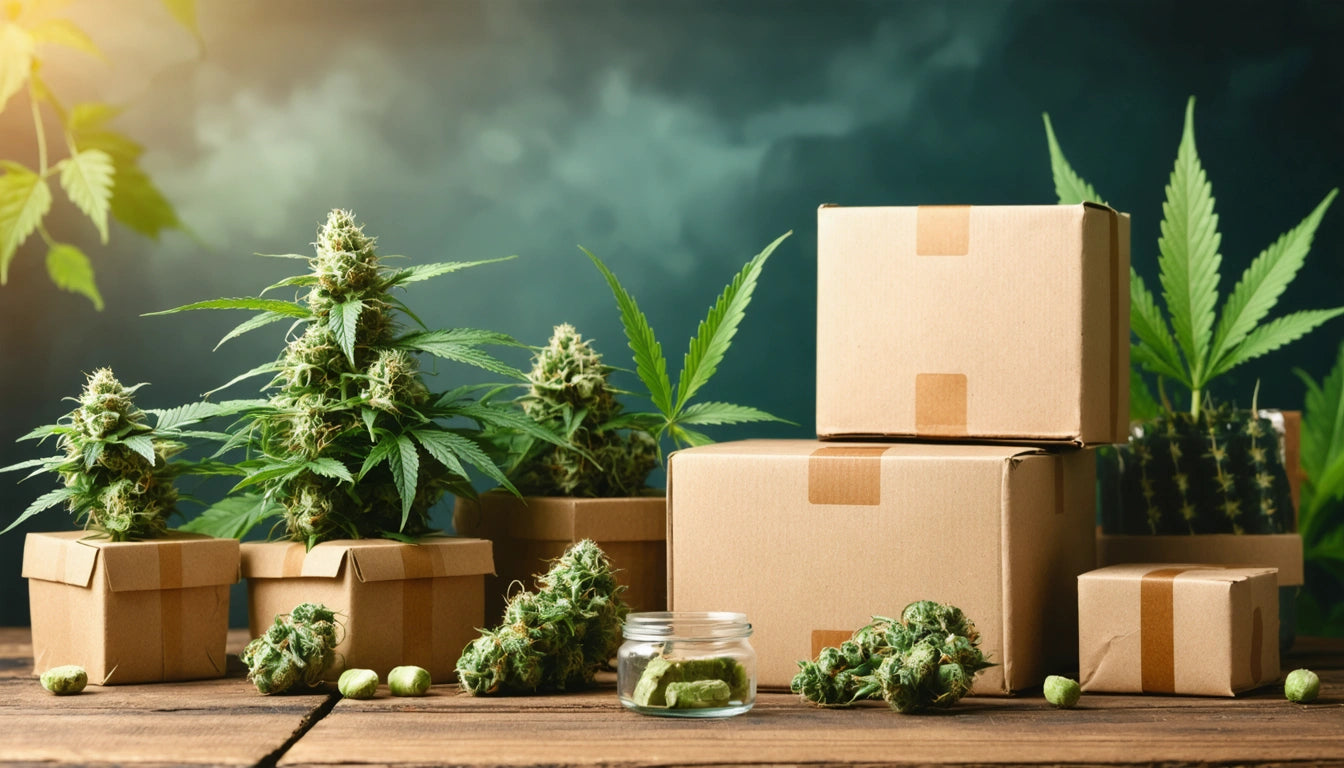Table of Contents
- Becoming a Budtender: Career Path and Requirements
- What Does a Budtender Do? Day-to-Day Responsibilities
- Budtender Certification Options: Finding the Best Program
- How to Make Budder: Process and Equipment
- How to Use Budder: Consumption Methods and Tips
- Advancing Your Cannabis Career: Beyond Budtending
The Ultimate Guide to Budtending and Budder: Becoming a Budtender and Making Budder
The cannabis industry continues to expand across the United States, creating diverse career opportunities and increasing interest in various consumption methods. This comprehensive guide covers two distinct but related topics: how to become a budtender and enter the retail side of cannabis, and how to make and use budder, a popular cannabis concentrate. Whether you're seeking career advancement or looking to understand cannabis products better, this guide provides valuable insights for both paths.
Becoming a Budtender: Career Path and Requirements
Wondering how to become a budtender? The journey begins with understanding the basic requirements. Budtenders must be at least 21 years old and, depending on the state, may need to obtain a marijuana worker permit or badge. These permits typically involve background checks and application fees that vary by location.
Beyond legal requirements, successful budtenders need:
- Strong product knowledge about cannabis strains and their effects
- Understanding of various consumption methods
- Excellent customer service skills
- Familiarity with state and local cannabis regulations
Most dispensaries prefer candidates with retail experience, though it's not always mandatory. What's more important is demonstrating genuine interest in cannabis and its medicinal and recreational applications. Knowledge about quality varieties of cannabis can set you apart from other applicants.
What Does a Budtender Do? Day-to-Day Responsibilities
If you're asking "what does a budtender do?" or "how to be a budtender," understanding the daily responsibilities is crucial. Budtenders serve as the face of dispensaries, educating customers about products while ensuring compliance with regulations.
Key responsibilities include:
- Verifying customer identification and medical cards
- Recommending appropriate products based on customer needs
- Explaining differences between consumption methods
- Processing sales and maintaining inventory
- Staying updated on new products and cannabis research
Budtenders often educate customers about various cannabis products, including concentrates like budder, and may explain different methods for smoking cannabis. This educational role makes product knowledge essential for success.
Budtender Certification Options: Finding the Best Program
While not always required, completing a budtender certification program can significantly improve your employment prospects. The best budtender certification programs provide comprehensive education on cannabis science, products, and compliance.
Popular certification options include:
- Cannabis Training University (CTU)
- Green Flower Academy
- Leafly Learn
- THC University
- State-specific training programs
These programs typically cost between $150-$500 and cover topics like cannabinoids, terpenes, customer service, and legal compliance. When choosing a certification, look for programs that are recognized by dispensaries in your state and provide up-to-date information on the rapidly evolving industry.
Understanding budtender salaries and industry economics can help you set realistic expectations as you enter this field.
How to Make Budder: Process and Equipment
Shifting focus to cannabis concentrates, budder is a popular form known for its creamy, butter-like consistency and high potency. If you're wondering how to make budder, be aware that production methods vary in complexity and safety.
The basic process involves:
- Selecting quality cannabis flower
- Extracting cannabinoids (typically using butane or CO2)
- Purging solvents through heat and vacuum pressure
- Agitating the concentrate to achieve the desired consistency
Important safety note: Making concentrates at home can be dangerous due to flammable solvents and should only be attempted with proper equipment and knowledge. Many states have laws against home extraction using solvents.
For those cultivating their own cannabis, proper drying and curing techniques are essential for creating quality starting material. Additionally, maintaining proper humidity during storage with humidity control packs helps preserve terpenes and cannabinoids in your flower before processing.
How to Use Budder: Consumption Methods and Tips
For those asking how to use budder, there are several effective methods, each offering different experiences:
- Dabbing: The most common method, requiring a dab rig, nail, and torch
- Vaporizing: Using concentrate-compatible vape devices
- Adding to flower: Sprinkling small amounts into joints or bowls
- Edibles: Incorporating into recipes (requires decarboxylation)
When using budder for the first time, start with a very small amount (a rice-grain sized portion) to gauge potency and effects. Budder typically contains 70-90% THC, making it significantly more potent than flower.
Understanding the differences between concentrates is important for proper use. Comparing budder to other concentrates like batter and rosin can help you choose the right product for your needs.
Some consumers have questions about whether budder can be eaten directly. While technically possible, it's not recommended without proper decarboxylation.
Advancing Your Cannabis Career: Beyond Budtending
For those starting as budtenders, numerous advancement opportunities exist within the cannabis industry. Budtending provides foundational knowledge that can lead to roles in management, cultivation, processing, or even brand development.
Career progression paths might include:
- Dispensary manager or general manager
- Cannabis buyer or inventory specialist
- Brand ambassador or sales representative
- Extraction technician (especially for those interested in concentrate production)
- Cannabis educator or consultant
Understanding both retail operations and product creation gives you versatility in this growing industry. Knowledge of cannabis growing and cultivation can also prove valuable as you advance in your career.
Whether you choose to focus on the retail side as a budtender or the production side working with concentrates like budder, continuous education and staying current with industry trends will be essential for long-term success in the cannabis industry.











Leave a comment
All comments are moderated before being published.
This site is protected by hCaptcha and the hCaptcha Privacy Policy and Terms of Service apply.